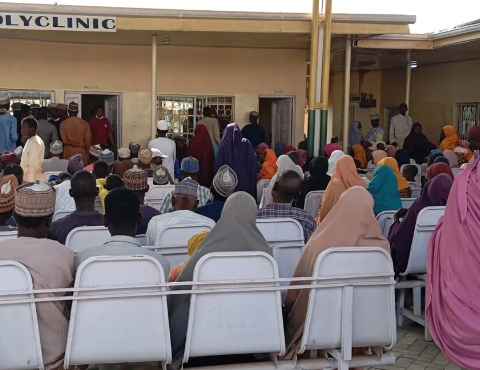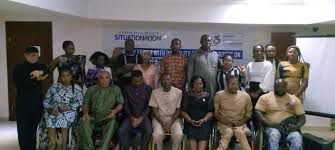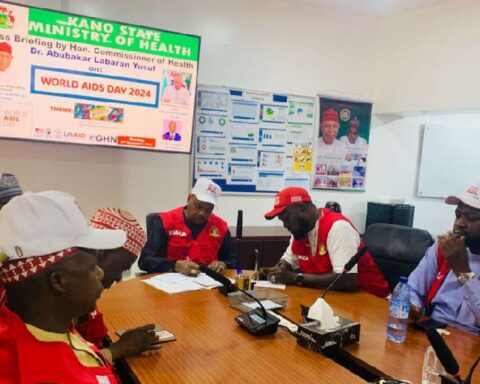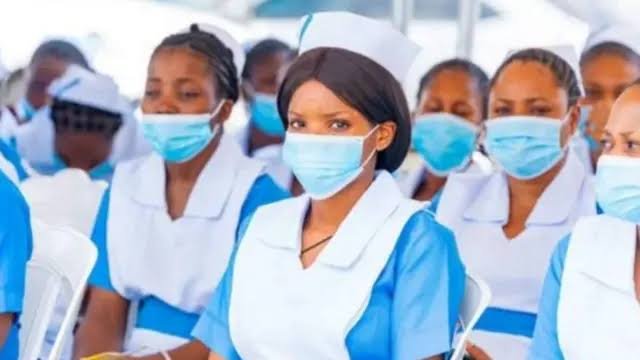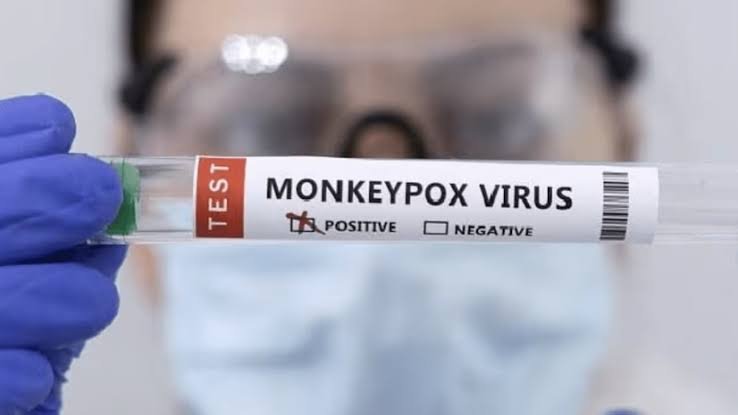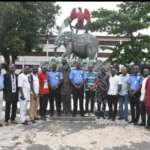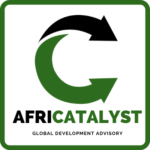Rotary International says it has spent over $300 million in anti-polio campaigns in Nigeria, since the beginning of its global immunization efforts.
Mark Maloney, Chair of the Rotary International Foundation and first to visit Nigeria, who disclosed this during a visit to the Jahi Primary Health Center in Abuja, the FCT, on Thursday – today, January 16 – lauded the significant impact of Rotary International’s maternal and child health initiative, which has been supported by a $2 million Programme of Scale grant to the country.
Accompanied by his wife, Gay, and other Rotary officials, Maloney administered polio vaccines to children and distributed souvenirs, even as he expressed the organisaion’s commitment to eradicating polio in the country.
The Rotary boss noted that the specific allocation for 2025 is still under discussion, but that a substantial amount of funding is expected to be approved in the forthcoming meetings, despite the urgent needs in nations such as Pakistan and Afghanistan, where wild polio has persisted despite efforts to address it in those areas.
Despite Nigeria being declared polio-free in 2020, the emergence of variant poliovirus type 2 continues to pose challenges, the News Agency of Nigeria (NAN) has reported.
He said: “Rotary can only do so much as a private organization. We encourage the Nigerian government to redouble its efforts to eliminate variant polio completely, freeing its health programs to tackle other pressing issues.
“There’s a $50 million that I expect will be allocated at that meeting, but a lot of it has to go to Pakistan and Afghanistan where the wild poliovirus is still endemic, but I think there will be a significant tranche of funds, maybe not tens of millions – I don’t think it will be that big – but a significant amount of money allocated to Nigeria.”
In addition to polio eradication, Rotary International is addressing maternal and child health in Nigeria through a $2 million Programme of Scale grant.
The initiative, titled “Healthy Families in Nigeria,” aims to reduce maternal and infant mortality by encouraging facility-based births.
Maloney praised the programme’s early success, highlighting a district where births in healthcare facilities increased from 11% to 33% within the first year.
“Though it is too early to measure the impact on mortality rates, the upward trend in medical facility usage indicates progress,” he added.
Maloney’s visit to Nigeria continues with a town hall meeting with Rotarians from across the country and a dinner in his honor.
He is also scheduled to visit Lagos to conclude his official trip.
On his part, Joshua Hassan, Past District Governor and Chairman of the Nigeria National Polio Plus Committee, said that there 92 cases of variant poliovirus type 2 as of December last year, noting that the cases are predominantly concentrated in Northwestern States, including Kano, Zamfara, Katsina, Kebbi, and Sokoto.
Hassan compared the variant poliovirus to COVID-19 mutations, emphasising the need for swift responses to outbreaks.
“These cases are vaccine-derived or variant strains, and they predominantly affect the northwest region. Our strategy involves swift immunizations to contain and prevent further spread,” he said.

